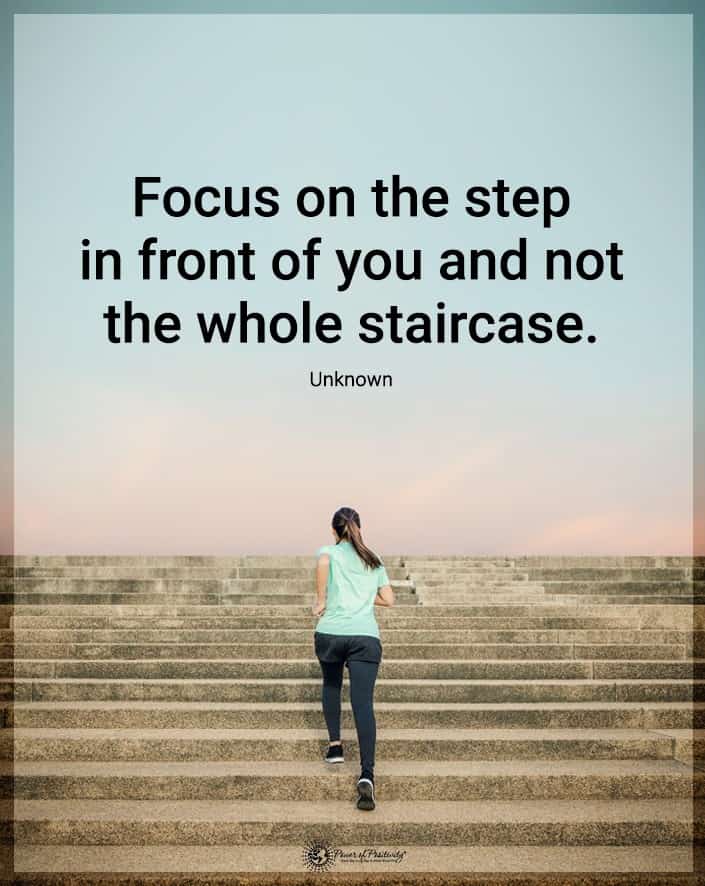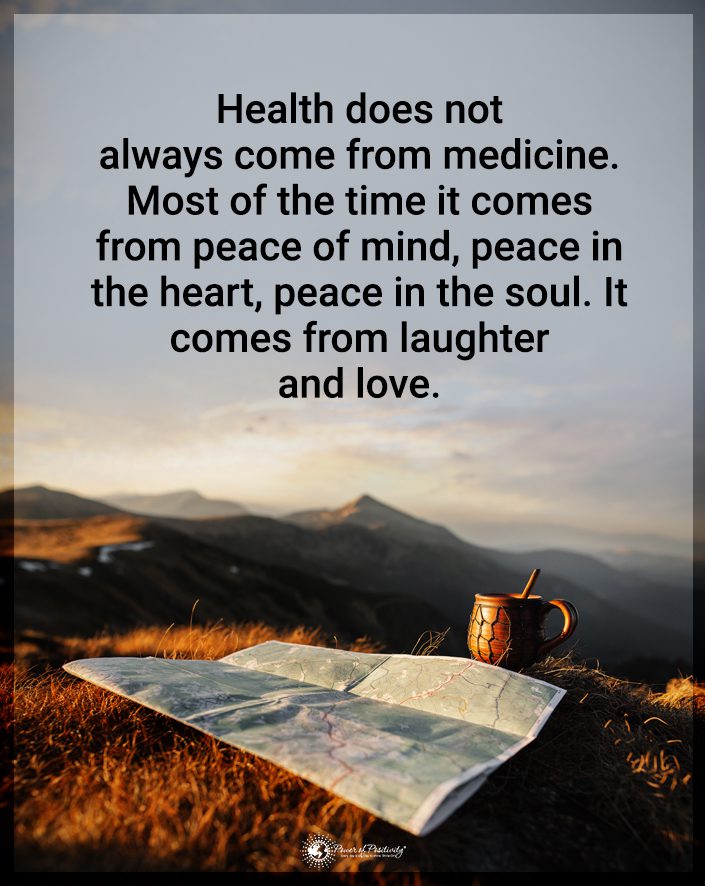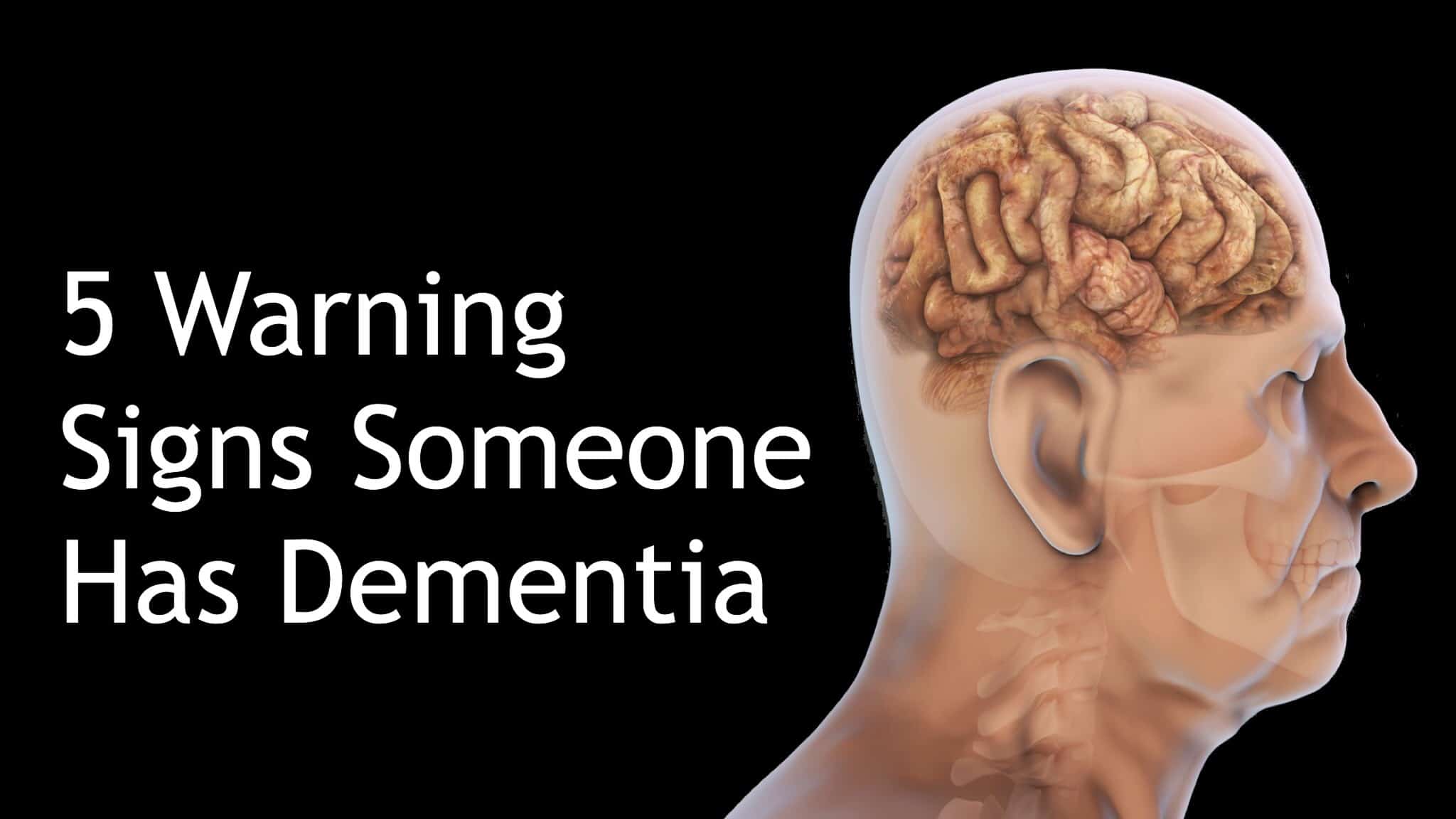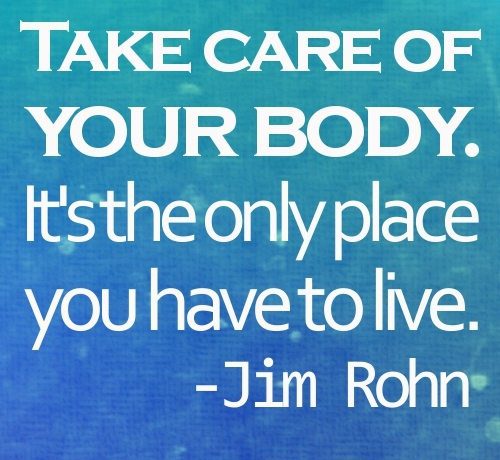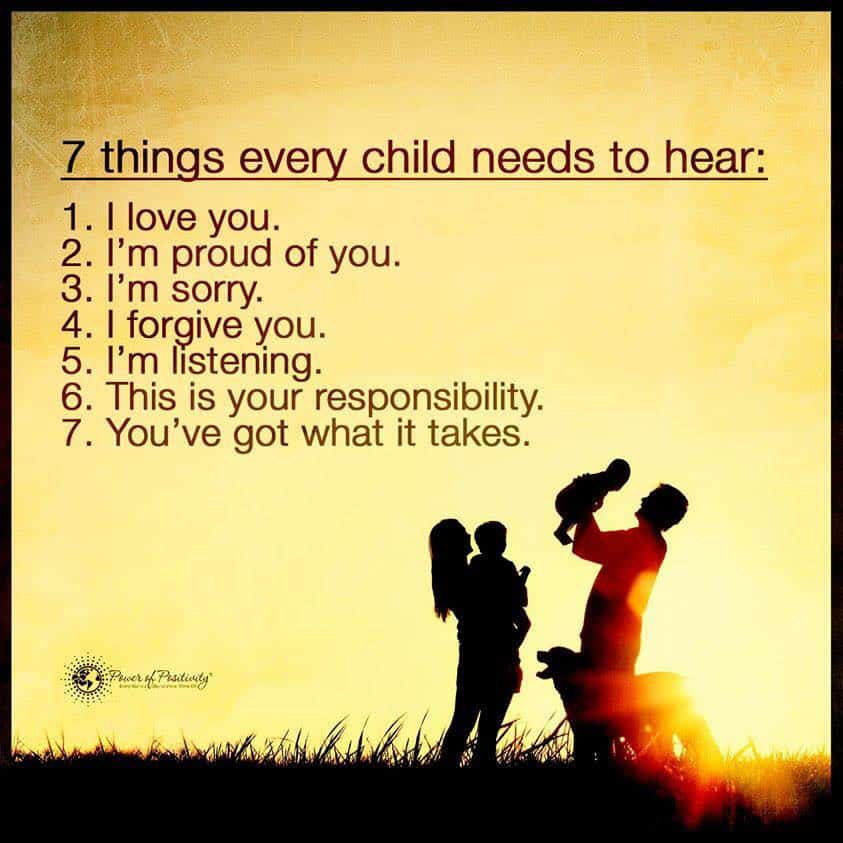Are you with a partner who is using you?
Relationships aren’t always cut and dry. Sometimes, we enter into a relationship with someone who doesn’t want the best for us, and wants us for what we can bring to the table. Whether it’s money, sex, or emotional labor, sometimes we can get with people who just want to use us. When that happens, we don’t always know it until it’s too late, and we’re left feeling used and unhappy.
Knowing the signs to watch out for when your partner is using you can help make sure you don’t walk into a one-way relationship. Here are some red flags for when your partner is using you.
Here Are 7 Signs Your Partner May Be Using You
“You can’t always be nice. That’s how people take advantage of you. Sometimes you have to set boundaries.” – Ritu Ghatourey
1. They won’t talk about commitment
If you’ve been together for a while – a year or more – and your partner is still talking about “taking it easy” and “just having fun” then they’re probably not ever going to be ready to commit to you – at least, not any time soon. A person who can’t commit may have some deep-seated issues, but it’s also likely that they’re just using you for what they can get. Once you realize it and start pushing for more commitment, they’re gone.
2. They’re selfish in the bedroom
They want theirs but they don’t care if you get yours. What kind of fun is that? If you feel your intimacy is more about them using you to get off, rather than having a mutually fulfilling sexual experience, then it’s probably time to cut them loose.
“Healthy relationships accept that you both might inherently have different levels of libido, and you work together so that your needs for both connection and physical intimacy are met,” says sex and relationship therapist Megan Fleming. A partner in the bedroom is bound to be selfish in other areas as well. They’re just using you for their physical gain, and no one deserves that.
3. You’ve never met their friends
Who is your partner’s best friend? If you can’t picture their face or name them off the top of your head, chances are you’ve never been introduced to them. If your partner doesn’t feel like letting you into other parts of their life, it’s probably because “the less information you have about him, the easier it is for him to ghost you. Or if you don’t know who he hangs out with, or where he lives, or what his last name is, he can disappear like a phantom into the night,” says Frank on Cosmopolitan.
This is a red flag that they’re just using you for something, and that they will split once you no longer serve that purpose.
4. They’re always asking for favors
Partners do favors for one another. It is normal and healthy for couples to help one another when needed. But, the trouble arises when you’re doing all the work and your partner can never seem to be found when you need something from them. If they’re constantly asking you for favors and don’t seem capable of giving you the same treatment, then it’s a big red flag that they’re just using you.
5. They’re not affectionate
Isn’t the point of a relationship to be loving and affectionate?! If your partner doesn’t seem to want to kiss, hold hands or snuggle, then what are they doing with you? Chances are, they’re using you for something else. Or, they only seem affectionate right before initiating something intimate and physical. That’s a red flag that they’re just using you, and they know that withholding affection will get you to comply when they do want something. If it’s not actively benefiting them, they won’t do it.
6. They only want to see you at odd hours
Is your partner always texting you to hang out late at night? Are they only available when no one else seems to be? This is a big red flag. If you never see your partner during the day or when other people hang out, it’s probably because they only show up when they have nothing better to do or want something.
Certified sexologist and author Dr. Sonjia Kenya says, “He’s always trying to see you, but never makes plans to do anything outside the bedroom, because he only wants to see you in the bedroom. Unlike last-minute ‘Netflix-and-chill’ texts, planning ahead shows he’s making you a priority.”
Ask yourself why if you can’t pin them down outside of 9 pm and 3 am.
7. They’re cheating on you
You may not know it, but you have your suspicions. If you have a gut feeling that your partner isn’t giving you all of their attention. They might have other people they’re seeing; this is a huge warning sign that you’re being used. In fact, you might even be the “side chick” in this situation. Don’t let someone use you. Cut ties as soon as you feel that there’s more than one person they’re hustling.
Final thoughts on understanding when your partner is using you
Getting used isn’t a fun feeling. If you know the signs, you can stop the user right in their tracks. You deserve better; don’t allow yourself to get hurt. You can also watch for friends who might be getting involved with a user.





